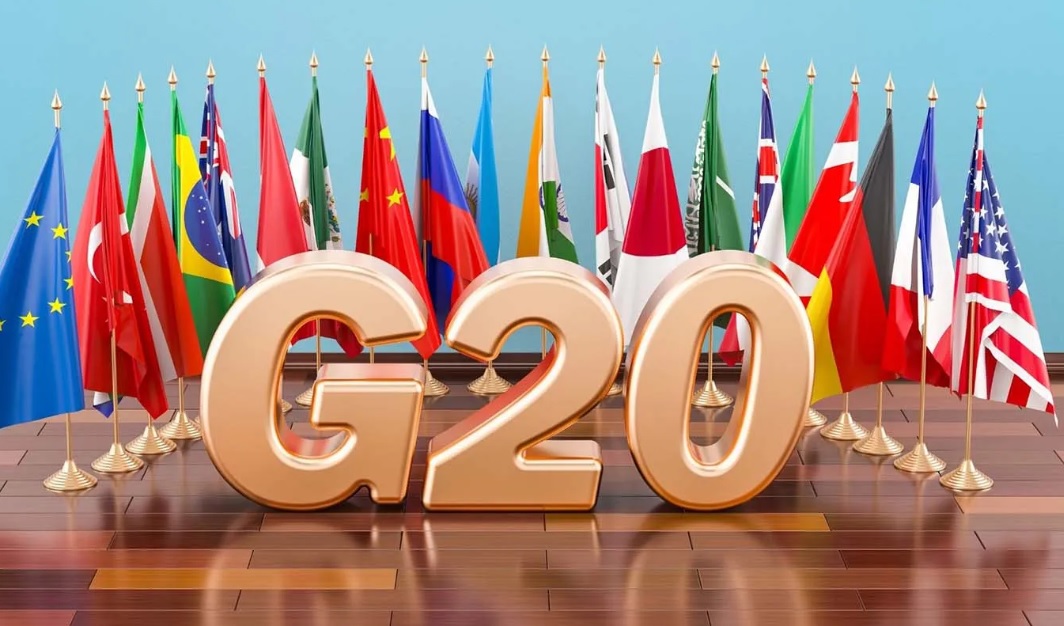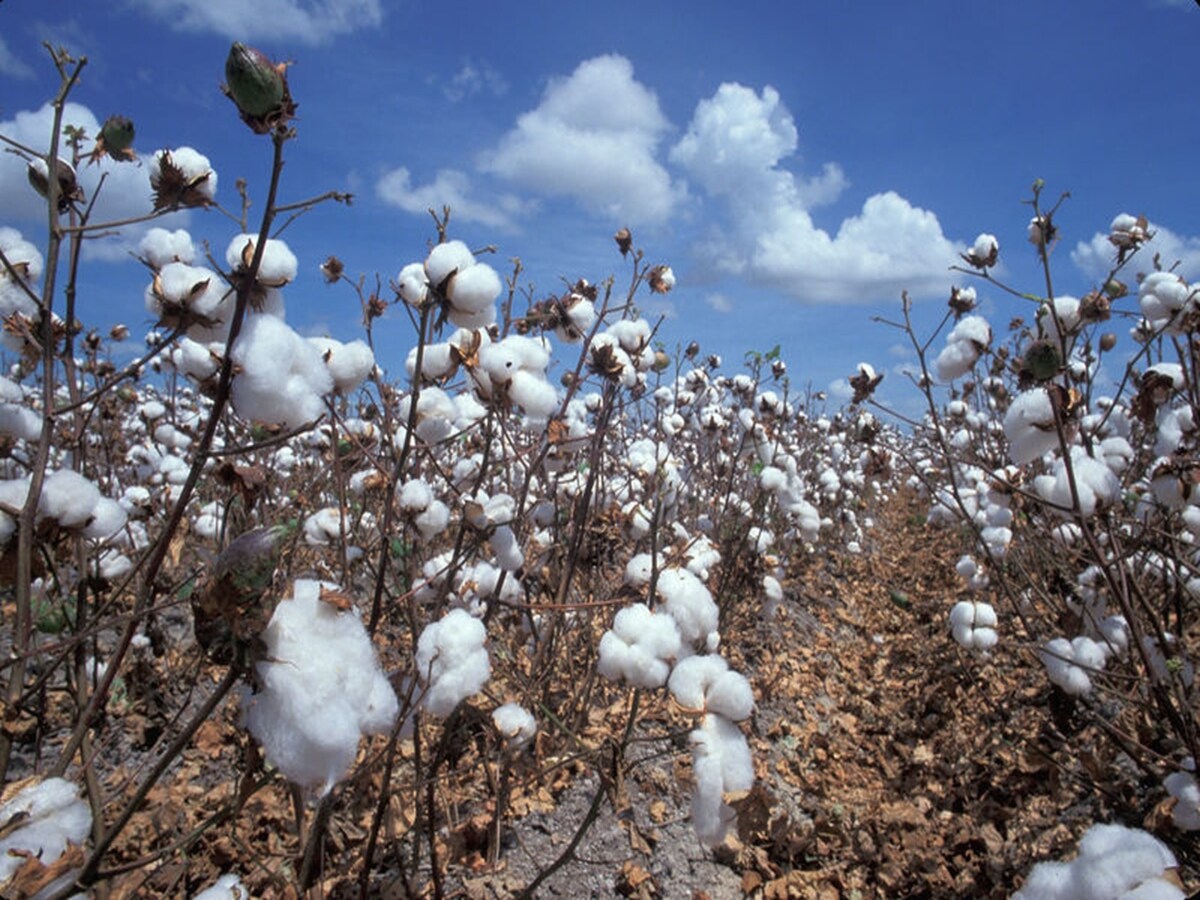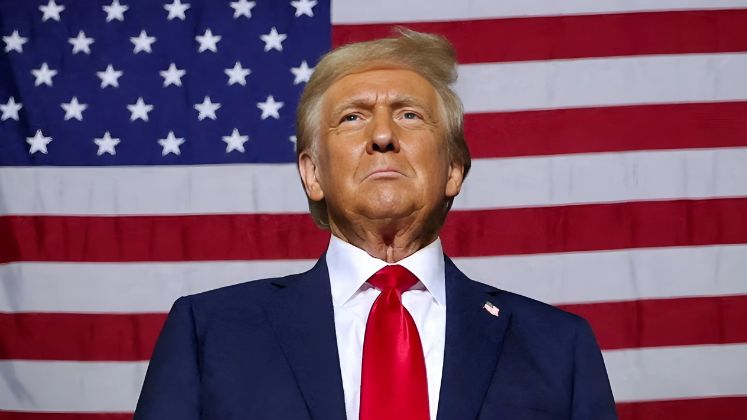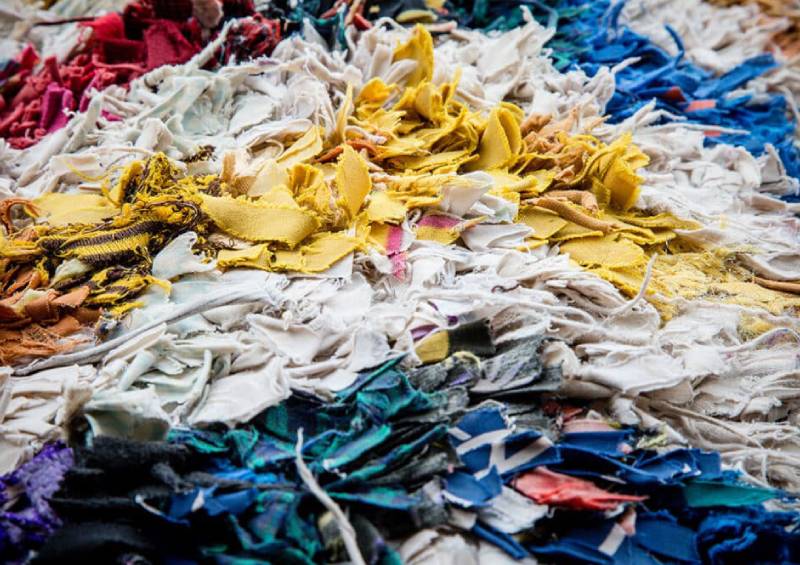Citing expected currency headwinds, higher freight costs and continued muted consumer sentiment, German sportswear brand Puma has narrowed its outlook for full-year core profit even as the brand reported its second-quarter results.
Having recently launched new marketing initiatives to better compete with larger rivals like Adidas and Nike, Puma has been grappling with weaker consumer demand and excess stock at the sportswear retailers through which it makes most of its sales.
The company now expects operating profit (EBIT) to range between €620 million-€670 million ($676-$731 million), compared to its previous forecast of €620 million to €700 million.
The company expects net income to change in 2024 in line with the operating result. It reported a net income of €304.9 million in 2023.
In the second quarter, the company’s currency-adjusted sales rose by 2.1 per cent to €2.12 billion, aligning closely with the €2.15 billion expected by analysts, according to LSEG data. This growth was driven by a 9 per cent increase in the Americas region.
However, in the Europe/Middle East and Africa region, currency-adjusted sales dropped by 4.3 per cent to €817.9 million. While Europe returned to growth, this was offset by declines in Eastern Europe, the Middle East, and Africa, following a strong quarter in the previous year.
In the Asia/Pacific region, the company’s sales grew by 1.9 per cent, boosted by growth in Greater China. Its quarterly EBIT increased by 1.6 per cent to €117 million despite negative currency effects.
SudhirSekhri, Chairman of AEPC, highlighted growing concerns among buyers over the escalating civil unrest in Bangladesh. He noted that fast fashion buyers are pulling their orders from Bangladesh due to the instability.
These orders, primarily involving man-made fabrics sourced from China, Korea, and Europe, are challenging to shift to India because of India's restrictive import policies. Only orders using Indian-origin fabrics might be moved to Indian factories.
Sekhri emphasized that long-term buyer confidence in Bangladesh was already waning due to capacity saturation, a trend accelerated by the current unrest. Buyers are now expediting their search for alternative manufacturing hubs. For India to benefit, local factories need to increase their capacities.
However, buyers remain cautious about relocating their orders to India unless the Indian government revises its import policies to allow easier access to imported man-made fabrics, trims, and accessories.
In summary, while the turmoil in Bangladesh creates opportunities for Indian manufacturers, significant policy changes are essential for India to become a viable alternative for fast fashion buyers.
Backlash against the clothing retailer Forever 21 has intensified in recent weeks following social media posts from frustrated shoppers claiming the brand was reducing its plus-size offerings in U.S. stores. Additional videos highlighted that Forever 21 recently shut down its Instagram account dedicated to plus-size clothing customers.
However, Forever 21 asserts that it does not intend to pull back from the plus-size clothing market. Instead, it aims to consolidate all of its social media accounts into a single Forever 21 account.
The brand emphasised its commitment to increasing its plus-size offerings. Like many stores that once dominated shopping malls, Forever 21 has faced significant challenges in recent years. The chain filed for bankruptcy in 2019 and was subsequently bought out of bankruptcy in 2020.
The group that saved the brand consisted of Authentic Brands Group and two real estate companies, which NPR reported as being ‘America's largest mall operators.’ The new owners have since partnered with online fashion retailer Shein in hopes of revitalizing and expanding Forever 21.
In May 2024, Karl Mayer launched its Energy Efficiency Solution (EES) for warp knitting machines, aiming to enhance sustainability and reduce costs. By July, customers had shared positive initial feedback. To ensure ease of use, Karl Mayer translated the manual into six languages and created a tutorial on their Academy online platform.
The EES provides detailed guidance on setup, display options, and analyzing energy consumption and carbon dioxide emissions. Recent updates include a timer function and full integration into the Customer Portal for streamlined access alongside other tools like the Dashboard and CoreLite.
Karl Mayer collaborated with Rokona, a German warp knitting specialist, on this project. Rokona's commitment to sustainability, reinforced by their ISO 14001 certification, made them an ideal partner. Stefan Passauer, Production Manager at Rokona, highlighted the importance of verifiable environmental contributions and praised the EES for meeting customer demands for documented carbon dioxide reduction data.
Rokona was involved from the beginning, providing input and testing the system on several machines. Passauer noted that the EES operates reliably, offering valuable insights into energy consumption and cost comparisons. He appreciated the new standby mode feature, which automates energy-saving during production breaks, a significant improvement over the previous manual process.
Future enhancements suggested by Rokona include optimizing display features and linking article data with operating data for better integration.

New Delhi faces a complex challenge as it prepares to renegotiate its free trade agreement (FTA) with the Association of Southeast Asian Nations (ASEAN). While the bloc offers immense economic potential, concerns over cheap imports, particularly from China, are putting pressure on the Indian government.
Cheap imports a worry
The Asean-India Trade in Goods Agreement, signed in 2009, has seen bilateral trade soar to $122.67 billion last financial year. While the pact aimed for deeper economic integration, concerns have emerged about a trade imbalance favoring Asean and the potential for China to exploit the agreement as a backdoor for duty-free exports to India. The textile, apparel, and fashion sector has been particularly vocal about the challenges posed by cheap imports. Domestic manufacturers argue that the FTA has eroded their competitiveness, leading to job losses and factory closures.
Economists and industry experts are divided on the best course of action. While some advocate for increasing import duties to protect domestic industries, others warn against such measures, fearing potential retaliation from ASEAN countries and damage to India's image as a trade-friendly nation. "The FTA has provided a back door for China to route duty-free supplies into the Indian market, eroding the competitiveness of local companies," warns Biswajit Dhar, a professor at the Council for Social Development.
Balancing act
The Indian government finds itself in a quandary. On one hand, there's a compelling case for protecting domestic industries. On the other, raising import duties could sour relations with Asean, a crucial geopolitical partner. Experts suggest a nuanced approach. Strategic tariff adjustments within the FTA framework, such as increasing duties on specific items like mobile phone and automobile parts, could be considered. This flexibility, enshrined in the agreement, allows for annual reviews of "highly sensitive lists" and "exclusion lists." However, any such move could invite retaliation from Asean countries. Moreover, it could reinforce India's image as a protectionist nation, deterring foreign investment.
Need to tread carefully
While the overall trade figures are available, granular data on the textile, apparel, and fashion sector's performance under the FTA is limited. This hampers policymakers' ability to make informed decisions. Therefore, India must tread carefully. A comprehensive assessment of the FTA's impact on various sectors, including a detailed analysis of the textile, apparel, and fashion industry, is essential. Engaging in constructive dialogue with Asean partners to address specific concerns can help build trust and find mutually beneficial solutions.
Ultimately, India's success in balancing its economic interests with strategic priorities will determine the outcome of the FTA review. A well-calibrated approach that protects domestic industries without alienating Asean is crucial for India's economic growth and geopolitical standing.
Massive support by compassionate consumers from across the world, urging it to go fur-free, has encouraged Max Mara Fashion Group to officially announce a fur-free policy.
The company’s announcement follows a global campaign launched by the Fur Free Alliance, a coalition of over 50 animal protection organisations, including Humane Society International. The campaign, held during fashion weeks in February 2024 in New York City, London, Milan, and Paris, urged the Italian fashion giant to adopt a fur-free policy.
Operator of over 2,500 stores in 105 countries, Max Mara Fashion Group previously sold items such as mink gloves, fox fur cuffs, and raccoon dog key chains. By going fur-free, the brand joins other major fashion houses that have already taken this ethical step, including Dolce &Gabbana, Saint Laurent, Valentino, Prada, Gucci, Versace, Alexander McQueen, Balenciaga, and Armani.
JohVinding, Chairman, Fur Free Alliance, says, Max Mara was one of the last global fashion brands that still sold fur. But now, they have now joined a growing list of fur-free brands that want nothing to do with the animal cruelty associated with the fur trade.”
Tens of millions of animals suffer and die each year in the global fur trade, with the majority being reared in barren battery cages on fur farms. Fur farming has been banned in 21 European countries, including Austria, Belgium, Croatia, Czech Republic, Estonia, France, Ireland, Italy, Latvia, Lithuania, Luxembourg, Malta, Netherlands, Slovakia, Slovenia, Bosnia and Herzegovina, Guernsey, Norway, United Kingdom, North Macedonia, and Serbia. Strict regulations have effectively ended fur farming in Switzerland and Germany, and measures in Denmark, Sweden, and Hungary have ended the farming of certain species.
DurakTekstil is gearing up toshowcase its technical threads focusing on security and efficiency solutionsatTechnotextil 2024.
As a leading producer of industrial sewing and embroidery threads, DurakTekstil will present its innovative and environmentally friendly products at the event, which will be held from Sep03–05 at Crocus Expo in Moscow.
YiğitDurak, Director-Marketing, DurakTekstil, highlights, Technotextilis a growing platform for the technical textiles and work safety industries. The event has immense potential for the Russian market and for regions such as Eastern Europe, the Baltics, the Caucasus, and Central Asia, he adds.
At the event, DurakTekstilwill also host motivational talks on valuable applications. Visitors can closely inspect and obtain detailed technical information about a variety of threads, including flame-retardant aramid and highly cut-resistant knitting threads, tailored for the work safety industry.
DurakTekstil will display a rich range of products with various functional features at the event. Notable amongst these include SilverPro, a high-conductivity sewing and embroidery thread, and natural sewing thread that repels insects.
Other products to be showcased include Bug-Safe sewing thread, invisible infrared laser beam-resistant sewing thread, Polystrong IR Teflon alloy, extremely heat-resistant sewing thread Teflofil, water-soluble sewing thread Polystrong Laser-Safe Melt hydromelt, and flame-retardant and cut-resistant threads, both para- and meta-aramid.
In addition to these, visitors can explore UV-protected threads, water-repellent items, anti-static threads that discharge static energy, and anti-bacterial sewing threads. The duma bottom thread by DurakTekstil requires three times as much thread as other bobbin threads of the same size, resulting in a 15 per centincrease in production.
Noting that technical threads are increasingly prominent in their product assortment, Durakemphasises on the company’s strong production and marketing foundations, boosted by strategic investments. Their newly reorganised R&D division is working on several promising initiatives, launching numerous firsts for sustainable products and technical threads.
Durak notes, technical textile items currently constitute 20 per cent of the comapany’ssales, with a goal to increase this percentage in the short and medium term through successful initiatives and innovative products.
Described as the worst since Bangladesh's independence in 1971, the current political turmoil in Bangladesh threatens to disrupt supply chains and production schedules for Indian textile companies operating in the neighboring country, says ChandrimaChatterjee, Secretary General, CITI. The country's impressive growth in the textile sector has strengthened trade flows across the subcontinent, she adds.
The domestic textile industry fears, disruptions in Bangladesh could lead to delays and shortages, forcing Indian companies to seek alternative manufacturing solutions. As a result, there is a noticeable shift toward other manufacturing hubs, with Tirruppur, a major Indian textile center, potentially benefiting from this realignment.
Amid widespread anti-government protests, Bangladesh is experiencing severe unrest, with Prime Minister Sheikh Hasina stepping down. Army Chief General Waqar-uz-Zaman has announced the formation of an interim government to take over duties.
Pointing out the broader implications for global supply chains, Chatterjee warns, major international brands that rely on Bangladesh for sourcing may face delays and reduced product availability, further impacting inventory levels and sales worldwide.
Pakistani entrepreneurs investing in Bangladesh's textile sector have expressed increased concerns about the recent turmoil and unrest in the country, fearing instability similar to that in Pakistan. The prospect of martial law in Bangladesh heightens these concerns, potentially jeopardising the stability that attracted these investors in the first place.
In recent years, several Pakistani textile entrepreneurs relocated their operations to Bangladesh. The move was motivated by lower production costs, preferential trade agreements, and superior infrastructure. The world's second-largest apparel exporter after China, Bangladesh has been steadily gaining market share as Western sanctions have hit Chinese exports. Many Pakistani firms, particularly in home textiles and readymade garments, have capitalised on Bangladesh's strategic advantages, reducing production costs by nearly 50 per cent.
Among the notable companies that set up operations in Bangladesh includeSoorty Enterprises, which invested $35 million in a garment factory employing around 6,000 Bangladeshis, and Interloop. Other significant names include Pak Denim, Crescent Textile Mills, Gul Ahmed Textile Mills, Kohinoor Textile Mills, Al-Karam Textile Mills, Nishat Mills (part of the Nishat Group), Artistic Milliners, and Masood Textile Mills.
These companies benefited from Bangladesh's lower labor costs and favorable trade agreements with the European Union and the United States, which offer better market access and lower tariffs compared to Pakistan. Despite Pakistan being granted GSP+ status by the EU in 2013, Bangladesh's economic incentives made it a more attractive destination for Pakistani firms seeking to maximise profits.
However, Muhammad Jawed Balwani, Chairman, Pakistan Apparel Forum, notes, while prominent companies like Soorty and Interloopcontinue to operate successfully in Bangladesh, the political climate under former Prime Minister Sheikh Hasina was not always welcoming, as her policies were seen as pro-India. The new military government would be more favorable toward Pakistani investors, he hopes.
Rising production costs and stagnant textile exports are making survival difficult for the power loom industry in Karachi, Pakistan. The past two and half years have been particularly challenging for the sector as economic activities in the country slowed down. The introduction of heavy taxation measures in the budget for the current financial year has further worsened the situation. Threatening to further weaken the sector, these measures could potentially lead to the closure of small and medium-sized businesses, warn experts.
Expressing his disappointment over the government’s lack of commitment to economic and industrial development TabbasumHussain, Secretary General, Power Looms Association in Karachi, says, the power loom industry plays a critical role in generating revenue and creating employment opportunities. Shutting down these looms would not only deprive the government of a valuable revenue stream but also result in massive job losses, he warns.
Hussain urges Prime Minister Shehbaz Sharif, Finance Minister Muhammad Aurangzeb, and Commerce Minister Jam Kamal to reconsider the taxes, electricity, and gas rates. It is essential to reduce these costs is essential to keep the sector operational. The government should also revise the taxation policy to ensure smooth functioning of these power looms to prevent further economic decline, he emphasises.
- 1
- 2
- 3
- 4
- 5
- 6
- 7
- 8
- 9
- 10
The BIS Dilemma: Is India’s cotton policy unravelling its export dream?
The Indian textile sector—one of the most important pillars of our economy—is now confronting an important moment. The Ministry of... Read more
Roica showcases high-performance textile innovations at Milano Unica
A premium stretch fiber developed by Asahi Kasei, Roica is at the forefront of the textile industry's shift towards more... Read more
Transatlantic Tensions: How US tariffs are threatening the future of Europe’s te…
The European textile and apparel industry, a major contribute to the continent’s manufacturing ecosystem, is grappling with mounting uncertainty following... Read more
Will Europe’s textile recycling crisis lead to reform or more rhetoric?
Europe prides itself on being a leader in sustainability, but ironically, its textile recycling sector is on the verge of... Read more
Circular Fashion’s Real Power Play: Winning customer loyalty by owning the loop
When the latest KPMG and Circular Fashion Federation report landed, it made an immediate splash: a projected €31.3 billion opportunity... Read more
The Invisible Stitch: Exposing the truth behind fashion’s most misleading label
In the glittering world of fashion, where storytelling is everything, the small but powerful ‘Made in...’ tag is often the... Read more
Tariff Tides Turn Again: The billion-dollar comeback of 'submarining' in US appa…
In the world of global trade, few terms have the covert glamour and historical baggage of ‘submarining’. Once a relic... Read more
China Plus One: Is India ready to complement, not replace, the global apparel gi…
The global supply chain, once heavily concentrated in China, is undergoing a profound re-evaluation. Geopolitical shifts and recent disruptions have... Read more
Garment imports reveal a tale of two strategies, EU builds, US diversifies
A recent analysis of global garment import trends from 2013 to 2024 reveals a divergence in strategies and market dynamics... Read more
India tightens fabric import rules from Bangladesh is it trade protection or ten…
India has moved decisively to restrict fabric imports from Bangladesh, enforcing a port-only policy that bars overland entry of key... Read more












